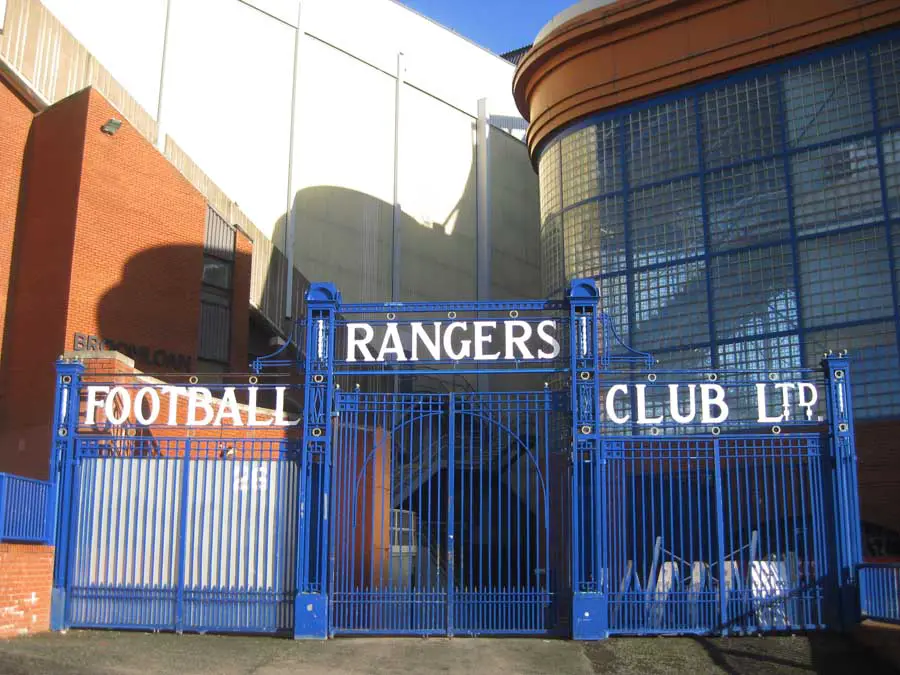That’s
the question fans of Rangers Football Club should be asking this morning after
the club’s administrators failed to reach agreement with players about cost
savings they say are vital if the club is to complete its remaining fixtures
this season.
There
are only 4 means to exit administration:
1.
By
returning the club back to its owners
2.
By
agreeing a CVA with the company’s creditors
3.
By
going into liquidation
4.
By
dissolution of the company
Option
1 can only happen if the club is returned to solvency. It is hard to see that happening any time
soon. Duff and Phelps say the club is
losing around £1m per month. Three weeks
after they were appointed, little appears to have been done to stem those
losses.
CVA’s
depend on the survival of the company. If
creditors are going to agree to write off a portion of their debt (which is
what happens in a CVA), they need to be reassured that the company is financially
viable going forward. This means it has
to be profitable.
Duff
and Phelps say they are now considering ‘accelerating’ the sale of the
club. But what do they have to
sell? Craig Whyte (or one of his
companies) is described as a ‘secured creditor’. What kind of security does he have? If he holds a standard security (a mortgage)
he cannot be forced to surrender it for less than he is owed. If it’s a floating charge, which is secured
more generally against the Rangers FC plc’s assets, the administrators have a
little more freedom to act but they cannot afford to ignore Mr Whyte.
Unless
the Ticketus deal can be challenged or reversed – and there’s no sign that it
could be – any prospective purchaser is looking a significant depletion of
working capital for the next 4 years.
And
then there’s the squad. An administrator
has 14 days to decide whether or not he will adopt contracts, including
contracts of employment. If he adopts
the contracts, he assumes personal liability for payment if the company finds
itself unable to do so. Given that
Rangers’ wage bill is somewhere around £22m per annum, we presume that the
administrators have issued letters of non-adoption to the playing staff at
least. If that’s the case, there are no
contracts and the players would be free to walk away. Duff and Phelps were seeking agreement to
some kind of short term variation of employment contracts, but this strategy is
now in disarray.
Finally,
there’s still no clarity around the issue of the tax case.
So,
what is it that the administrators will be selling? And what would a purchaser be buying in to?
Rangers’
fans should be asking some hard questions of the club’s administrators. For appointments of this magnitude and
importance, it would be normal for an Insolvency Practitioner to have done his
homework before he takes office. He
would have at least the rudiments of a roadmap to guide him through the initial
stages of his appointment. And some
idea of how to get out of the process.


No comments:
Post a Comment